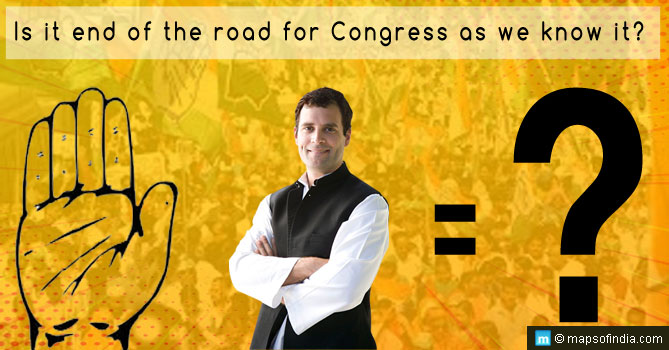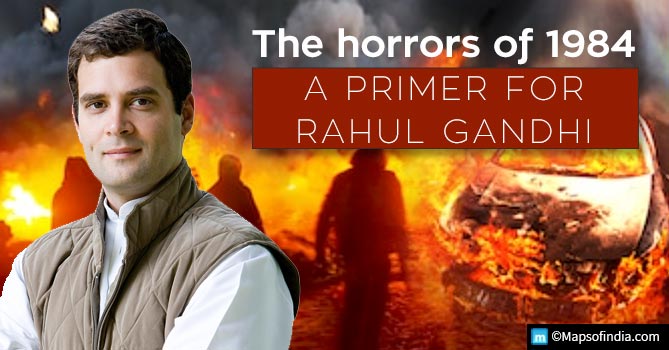The news of India’s financial capital lying bereft of a police chief was tad unsettling. Commoners expressed disgust at this indifference towards security; the nobles called it a “classic case of policy paralysis; and Maharashtra Chief Minister came under attack. Now that the outrage has ebbed away, it’s time to introspect the cause and effect. To put it in simple words, the crisis emerged because of the ex-Mumbai Police Commissioner Satyapal Singh’s decision to quit his job and join politics. And why would he do that? The answer came forth from the man – “to work for the social harmony, national reconstruction and world peace.”
Singh’s move to join the BJP ahead of the General elections can’t be interpreted in black and white. In fact, for the last couple of days, discussion has taken a different course, which is tantamount to accusing Singh of leveraging his position to further the agenda of a political party.
Let me take you through some of the grey areas.
The seed of doubt regarding real motive for Satyapal Singh’s ‘plunge’ into electoral politics was sown few months back when he excused himself from the special investigation team in Ishrat Jahan fake encounter case owing to alleged disagreements with the members . Singh’s affinity to right wing world-view and ideological bias against Muslims were well-documented. He has gone on records to make not-so-moderate remarks on the issue of women safety and morality. Even his political aspirations were evident to his peers and those who have watched him from close quarters.
The idea of quitting government service to join politics received another adherent in Kuldip Sharma, the IPS officer from Gujarat. He resigned as the advisor to Union Ministry of Home Affairs and reports are doing rounds that he too is contemplating on joining a political party.
It was in December last year that another civil servant joined politics. Ex-home secretary RK Singh got himself inducted in BJP six months after retiring from his duties. It is now out in the open that that he had locked horns with his ex-boss – Home Minister Sushilkumar Shinde. He was even vocal about his disregard for him and vented out his grouse in public by stating that he is “not fit to be the Home Minister.” This is one of the many instances we have seen in the past where a discontent civil servant had come out of the system (bureaucracy) and resorted to politics, almost as if to avenge the wrongs done unto him.
History is on Satya Pal Singh’s side and it will bail him out of any stigma of taking a detour. He is not the only one moving from bureaucracy to polity. As someone rightly said, it is not his decision to join politics, but the ‘way he embraced it’ has set an unwanted precedence. The swiftness with which his resignation was accepted (within a day) creates questions. He was allowed to go without the mandatory three months’ notice period.
Instances such as these create a strong case necessary for the central government to amend the all-India service rules so that officers are made to serve for a stipulated time in between his resignation and joining politics. Before venturing into psycho-analysis of the individuals who are giving up public service and joining political bandwagon, it is important to ensure that no such chasm is created in the system because of their moving out.




